We may earn money or products from the companies mentioned in this post. This means if you click on the link and purchase the item, I will receive a small commission at no extra cost to you ... you're just helping re-supply our family's travel fund.
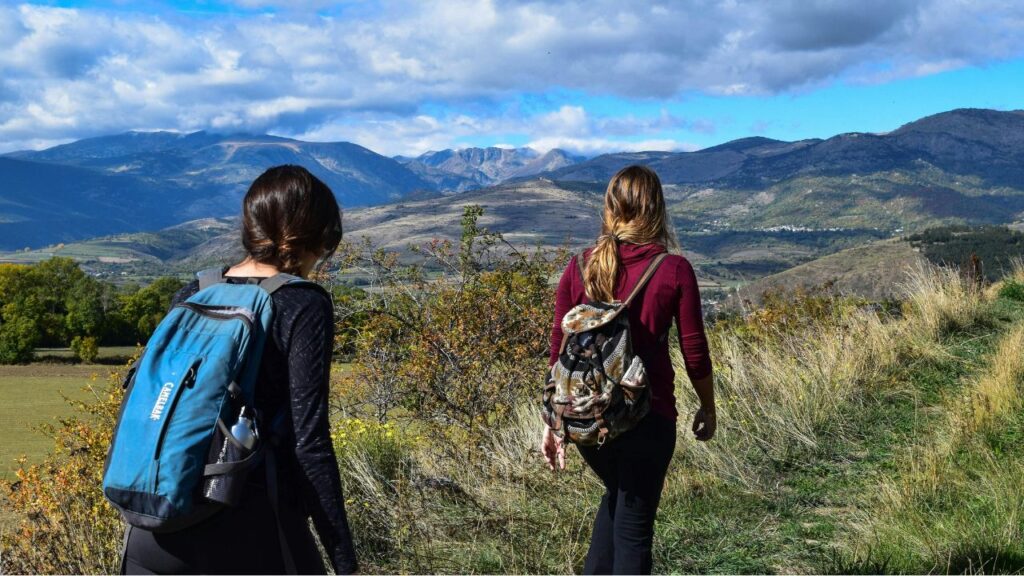
Backpacking isn’t just about visiting places—it’s about discovering how resourceful, resilient, and adventurous you can be. If you’re trading suitcases for straps and maps for spontaneity, you’ll need more than just enthusiasm. These tips will help you pack smarter, travel lighter, and navigate the ups and downs of life on the road.
Don’t Over Pack
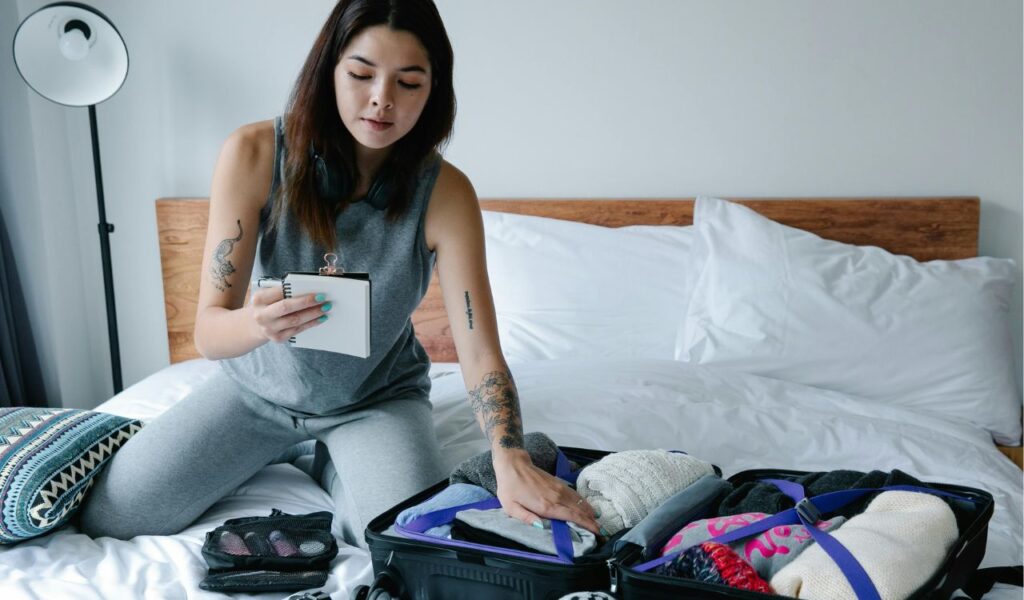
It’s tempting to prepare for every possible scenario, but every extra item becomes a burden on your back. Pack only what you need, then cut it down again. If you’re debating whether to bring something, don’t. You’ll thank yourself after lugging your bag through three train stations and a cobblestone alley. Plus, you’ll pick up things along the way. Less stuff means more freedom and fewer sore shoulders.
You’re Going to Need Earplugs

Hostel dorms are a symphony of snores, zippers, and very questionable late-night conversations. If you want decent sleep, especially after a long travel day or night bus, pack quality earplugs. They’ll block out more than just snoring—think bar noise, early risers, and bunk-bed acrobatics. Don’t underestimate how much a little sleep can impact your energy, mood, and how much fun you have each day.
Your Perception of ‘Cheap’ Will Shift
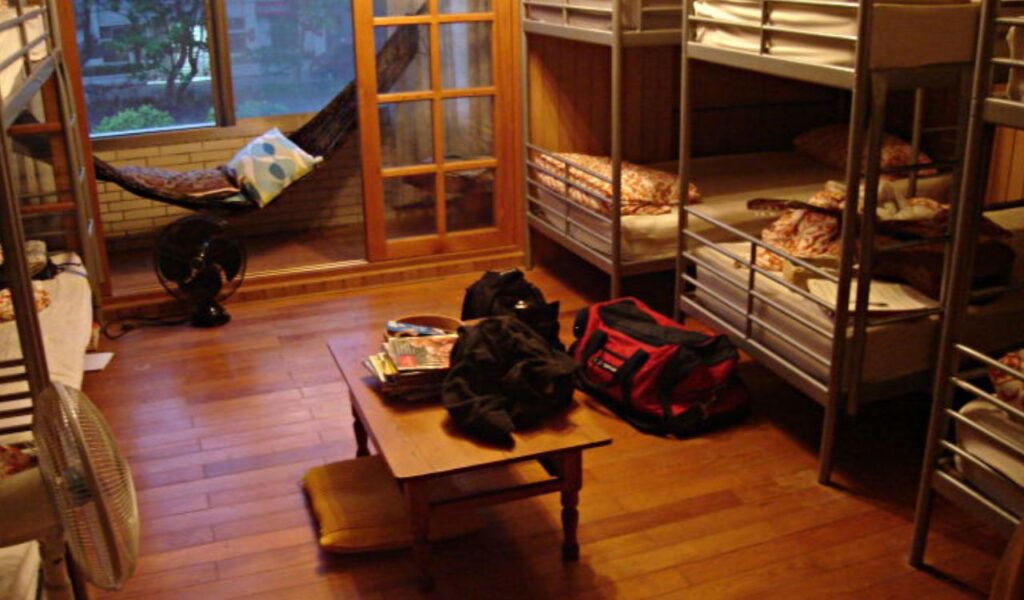
At the start, you might splurge on $15 beachside dorms. A few weeks in, that same rate will seem absurd especially in budget-friendly places like Southeast Asia. When you’re living out of a backpack, your money mindset changes. You learn to stretch every dollar, see value differently, and realize how much farther your cash can go when you’re thoughtful and a little scrappy.
Those High Tech Gadgets Aren’t Essential
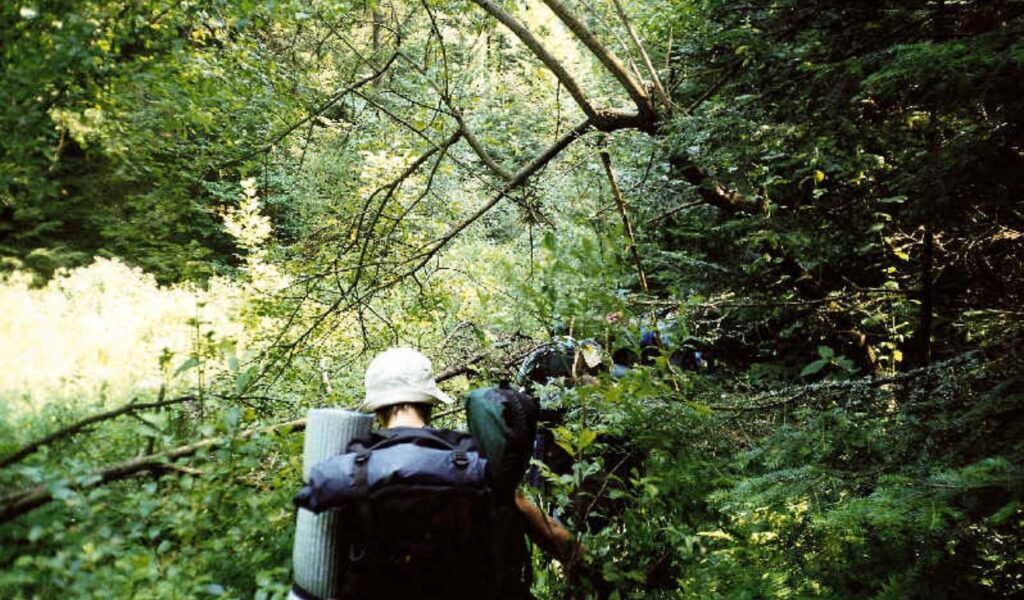
You don’t need a solar charger, fancy filter bottles, or a tech pouch with 12 compartments. In fact, the more gadgets you pack, the more you’ll resent carrying them. Essentials like a reliable power bank and universal adapter are great. But that collapsible drone tripod? You’ll leave it behind after your second hostel checkout scramble. Keep it simple. Travel light. Prioritize experiences over gear.
Travel Overland When You Can

Trains, buses, and ferries show you parts of a country no flight ever will. Overland travel lets you absorb the scenery, spot local life, and get a better sense of scale. Some of the best travel moments come from winding roads and unexpected conversations on public transport. Sure, it takes longer—but when the journey becomes part of the experience, you’re doing backpacking right.
Learn to Go with the Flow
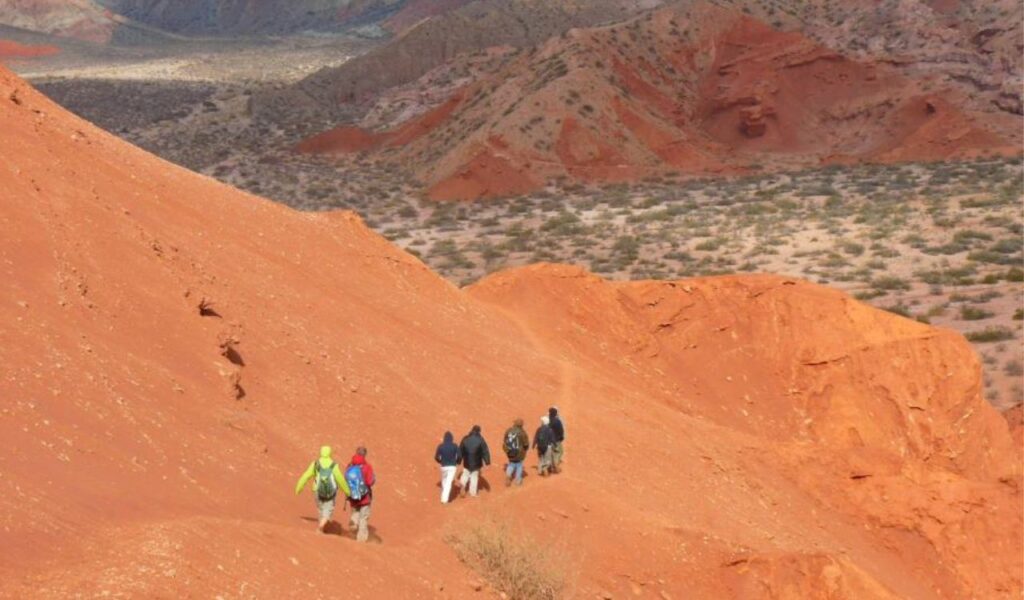
You’ll meet people who change your plans. You’ll miss connections. You’ll fall in love with towns you never meant to visit. That’s the beauty of backpacking. Be flexible. Some of the most memorable adventures come from unplanned detours. Stay open to opportunities and trust that veering off-course doesn’t mean you’re lost—it often means you’re exactly where you need to be.
The Internet Doesn’t Know Everything

Travel blogs, TripAdvisor, and Google Maps are useful—but they can’t beat local advice or your own instinct. Some of the best meals, beaches, or hikes will be places you stumble upon, not spots listed on a “Top 10” list. Learn to explore without a digital blueprint. Ask locals. Walk the alley instead of the avenue. Trust your curiosity over your screen.
You’ll Need to Ditch a Bad Travel Companion

Not everyone you meet will be a great match. If someone’s dragging your vibe down or making your trip stressful, it’s okay to part ways. Be kind, but firm. Backpacking is about freedom, and you don’t owe anyone your journey. Recognizing when to move on—without guilt—will help you protect your peace and get the most out of your experience.
Take Your Time
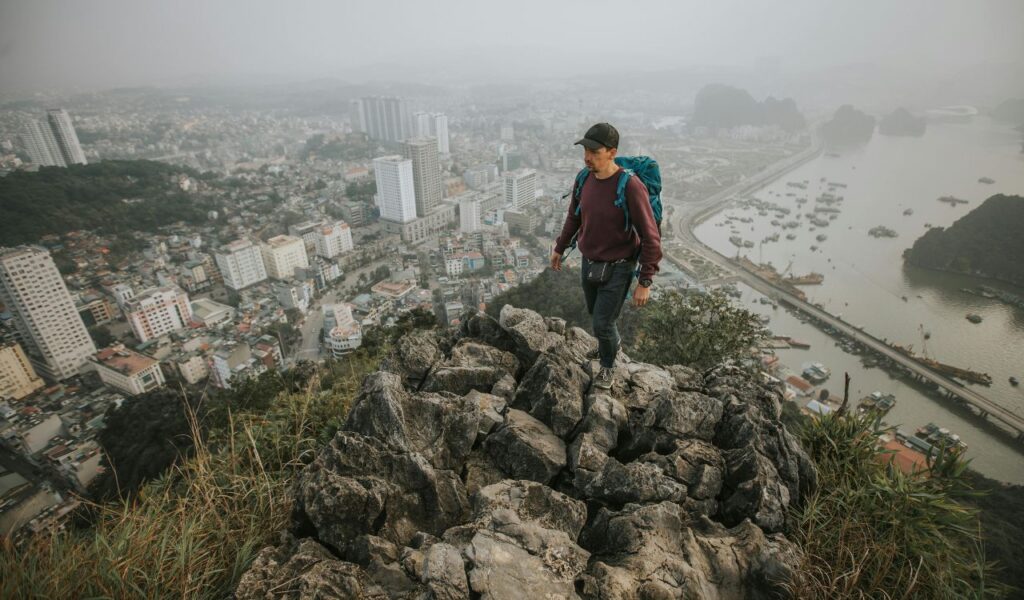
This isn’t a race. Don’t cram 12 countries into a month just to check boxes. Slowing down lets you dive deeper into places, meet more people, and actually enjoy yourself. You’ll save money, too longer stays often mean cheaper rates. Go where you feel drawn, stay longer when it feels right, and don’t worry about missing out. Travel isn’t about how much you see—it’s about how deeply you see it.
Invest in a Travel Sheet

Hostel beds can be sketchy. A lightweight travel sheet gives you peace of mind—and a buffer between you and questionable linens. It’s compact, washable, and perfect for long-haul trains, airport floors, or those mystery mattresses that feel older than you are. It’s not a luxury; it’s a sanity saver. Once you use one, you’ll never backpack without it again.
Don’t Freak Out When Things Go Sideways
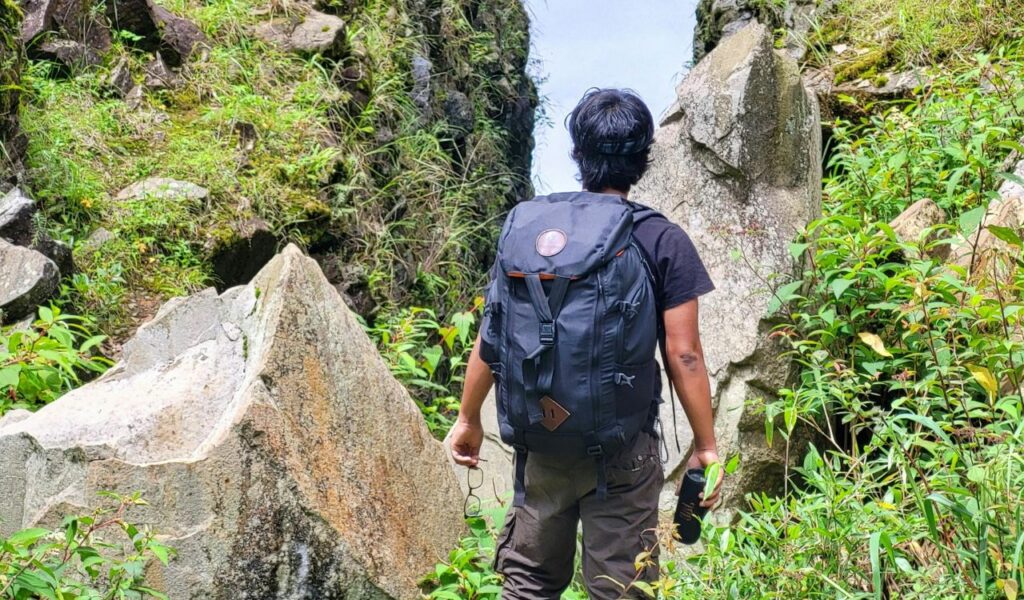
You will get lost. You will miss a bus. You may lose your passport or get scammed. Deep breath. Every seasoned traveler has a “total disaster” story that turned into a great memory. Handle it, laugh later. These are the moments that teach resilience and prove you can handle more than you thought. Don’t panic. Problem-solving is part of the adventure.
Too Good to Be True’ Usually Is
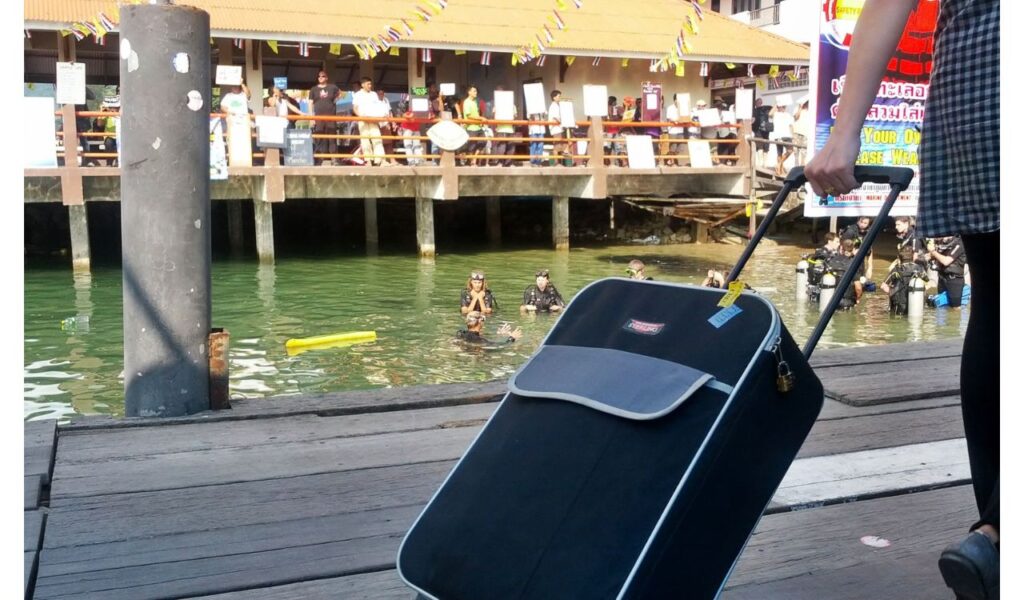
Unbelievably cheap tuk-tuk tours, suspiciously generous locals, or impromptu “deals” often come with strings. Scams are part of travel, and staying street smart is crucial. Be polite but cautious, trust your gut, and don’t ignore red flags. If something feels off, walk away. A healthy dose of skepticism can save you from a headache—or worse.
Know Your Rights with Flight Delays

Flights get delayed. It sucks. But depending on the country and airline, you may be entitled to compensation, sometimes up to hundreds of dollars. Services like AirHelp can check for you. Most travelers don’t even know these rights exist. It’s not just about money—it’s about holding companies accountable when they mess up. Keep your boarding pass and know the policies.
Get Travel Insurance No Excuses

It might feel like an extra expense, but if you twist an ankle in the Andes or get pickpocketed in Prague, you’ll be glad you have it. Travel insurance covers more than just lost baggage—it can mean hospital stays, stolen phones, or trip cancellations won’t wreck your plans (or your bank account). If you can’t afford travel insurance, you can’t afford to travel.